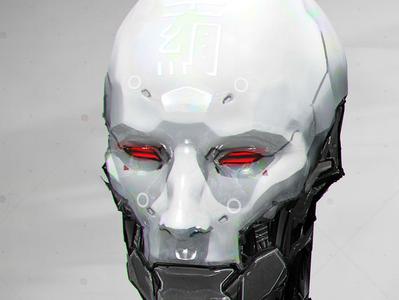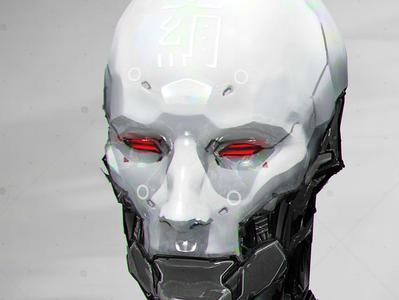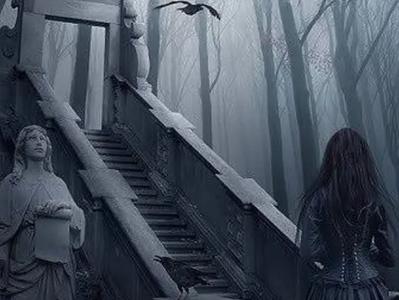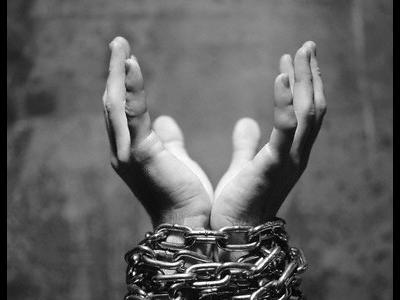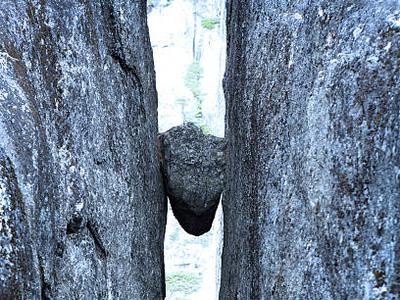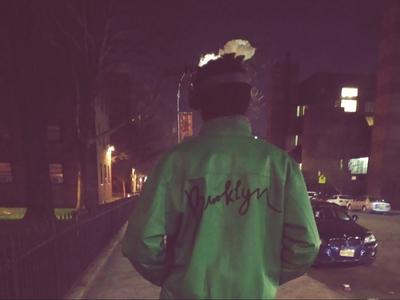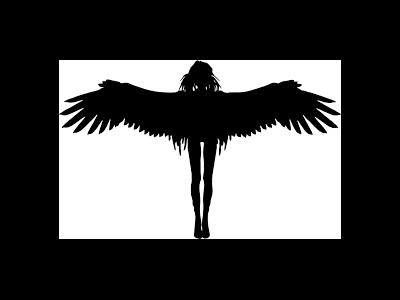
For her tenth birthday her father hewed a hole in their plaster ceiling, sanded the edges, and fitted it with a door and ladder. So you can be closer to the sky he had said. When, trembling with excitement, she made her way up the ladder, she found herself in a new world. The roof of the tower was high above the rest of the palace. Daedalus had constructed a cunning low wall of plants around the edge, to protect her from the sheer drop, and the scent of honeysuckle perfumed the air. The crash of the sea upon the rocks was louder, and the screams of the gulls shriller. The air was clear and the sky stretched out forever. The men and women in the streets below began to miss the angel with the wistful face, and rumours spread like wildfire of her death at Minos’ hands. She spent all her days under the sky amid the birds, and her skin burnt and darkened under the sun. She slept beneath a canopy of endless stars, in a nest of blankets. She made friends with the cormorants until they came to eat from her hands, and she collected their feathers when they fell and slept with them under her pillows.
On the morning of her twelfth year she skipped into the workroom, arrayed in her best, and found her father was not alone. A man wearing the arms of Minos was with him, and turned to her with surprise and appreciation in his eyes. Tersely her father ordered her from the room and she, eager for new company, refused. Daedalus turned on her and she fled, her cheeks red with marks from his hands. Red-eyed with weeping, Icarus went to the roof stared unseeingly into the sky. The world was small and cruel and she had no place in it. Even her dearest friends, the azure sky and the gentle birds could not comfort her. Later, when her father came to join her on the roof, his face looked older than she could remember.
‘My child,’ he said, and his voice was heavy, ‘this cannot go on.’
She waited in silence for him to continue; to explain; he had never explained their peculiar, captive situation, or why she was never allowed to leave their rooms and play with the other children in the palace. ‘It is time I told you why you’re here.’ He spoke for hours: of Athens and his learning there, of his nephew Talos, of their flight to Minos, his work for the King, his part in the conception of the Minotaur, and finally, his work in the Labyrinth that had sealed their fate, trapping them here for eternity. ‘But no more,’ he finished. ‘This half-life cannot be borne. You are not safe. That…’ his voice broke, ‘that man… has… asked me to gift you to him. I begged for time. I pleaded your youth, your virtue, your birth right. He gave me a week.’
Later, over a supper of bread and olives, he told her his plan. Wings. At first she did not understand. He repeated the word. Wings. To fly like birds – like angels – over the sea and away. Wings made of wood and wax and feathers. Joyfully, she presented him with the plumes she had collected over the years, bagfuls of soft down. He kissed her, smiling for the first time that day, and left her for the night. The next night he showed her the bare frames he had built. The night after he showed her the rows of feathers stuck upon them. But there were not enough. Daedalus said nothing though, and she knew he would not ask her for more. Another day passed. He reworked the frames but still there were not enough feathers. With heavy footsteps she went to the roof. A plump cormorant landed beside her and nibbled at the bread in her hand, trusting and soft, his wings folded, his calls soft. With tears she fed him, stroked his glossy head, tightened her fingers around his graceful throat, and wrung his neck. The quiet snap made her stomach turn and she spewed over the rooftop. With the body concealed she waited for another, and another, and when her father came through the trapdoor he found her seated silently amongst the bodies of her dearest friends, stroking their crumpled, lifeless bodies. That night she slept downstairs.
In another day the wings were ready. Daedalus woke her early, and when the crept silently to the roof she saw he had cleared all evidence of her sacrifice, and removed the green walls so nothing could impede them. He fixed the wings to her arms gently. Her heavy heart lifted as the breeze ruffled her hair and ran through the feathers of her wings. The sun was just rising and turned the sea below to silver-green. Her heart began to race with excitement. ‘Let me warn you, Icarus,’ Daedalus was saying, ‘to take the middle way. Too close to the sea and the spray may weigh down your wings, and too high the sun will scorch them. Travel between the extremes. Follow my path, see how I fly.’ He kissed her, held her briefly in his arms, and leapt into the air.
Icarus stood for a moment, savouring the warmth of the roof under her feet, the scent of the sea all around her, the cries of the birds ringing in her ears. Then, without hesitation, she stepped off the edge.
The cool air enfolded her, whistling in her ears as she hurtled down with exhilarating speed. She threw her arms out in joyful abandon and glided upwards, following the path of her father. The freedom. Her whole life had been spent cooped up and now… The freedom. The bliss of freedom. Icarus darted amongst the birds. The wind tugged playfully at her feathers. The sea foam smiled with her. She thought her heart might burst with joy. She forgot everything in the world but joy; she longed only for more. This was what she was born to be. An angel, a bird, a breeze. Drunk on the sunlight and cool air she soared higher and higher, closing her eyes in ecstasy. Warmer and warmer grew the air. Intoxicated with flight she failed to noticed the feathers begin to flutter past until suddenly, hearing her father scream, she opened her eyes to see feathers drifting away from her like snowflakes.
Down fell Icarus. Like a leaf tossed in the wind, with nothing to stop her fall. Down and down, and now the cold blue of the sea was closer than the warm blue of the sky. Down more, no pause, she tumbled through the sky like a broken doll. Is an angel with no wings still an angel? What is a wingless bird? Does falling count as flying? But Icarus thought none of this. She thought only that the feel of the air was still heaven on her skin. The birds soaring above her were as dear as they had ever been. The warmth of the sun was a caress she would never tire of. And Icarus was smiling as her body hit the water. As the impact shattered bone. As she sank beneath the silver waves. Until all that remained were the feathers, floating quietly on the water.

